Is eczema contagious?

It is an annoying skin problem, but eczema is not contagious. Phew, that sucks. By the way, this applies to all species; whether it concerns seborrheic, contact or nummular eczema. It is important to know that eczema is a sign of a disrupted skin barrier. When your skin's protective mechanism does not work optimally, you are more susceptible to bacterial infections. And these can be contagious to others.
Now that you know you can't pass on eczema, you're probably wondering if and what you can do about it. Because dry, red skin with itching and flakes is anything but pleasant. Read more about the contagiousness of eczema, whether eczema can be cured and the best eczema treatment!
This is what you want to know about eczema:
- No, eczema is not contagious
- No, eczema cannot be cured
- Yes! there are options to treat the complaints of eczema
Why is eczema not contagious?
Eczema is not contagious to others because it is not a virus or bacteria. A atopic skin can cause blisters, moist spots or itching. These are symptoms associated with transmissible skin diseases. Which makes the idea that eczema is contagious quite logical. But if you suffer from eczema, you can safely touch others. You also don't have to cover your eczema for fear that you can infect someone with it.
When is eczema contagious?
When is eczema contagious? Some think eczema is contagious when it is active. Or that the blisters of eczema and inflamed eczema are transferable. This is not the case. However, eczema develops faster when your skin barrier no longer works properly. Then the balance of your skin's natural protection mechanism is disturbed. In the long term, this makes you more susceptible to bacterial infections. Sometimes caused by viruses and fungi. These can be contagious to others, even though this chance is much smaller than, for example, with a cold or flu.
It is important to establish whether the skin problem is really eczema. For example, with eczema around the mouth (clown's eczema - dermatitis perioralis) that resembles the symptoms of impetigo; that is contagious. Just like athlete's foot, also known as foot eczema. This is not actually eczema but a foot fungus and therefore contagious.
Protect natural skin barrier
Because eczema is not contagious but arises (more quickly) due to an imbalance in your skin barrier, it is very important to respect this natural protection mechanism of your skin. In most cases, eczema is triggered or aggravated by a reaction of the body to contact with certain (synthetic) substances. Especially with contact eczema or eczema on the face, which is exacerbated by over-treatment of the skin. Use for atopic skin and dry skin therefore always mild and organic care products, such as natural face care.

Can eczema be cured?
Eczema cannot be cured, but it can be treated with proper care. A natural remedy for eczema works best against the symptoms such as dry skin, flakes and itching. It is most important that an anti-eczema remedy is fat and contains as few harmful ingredients as possible. An eczema skin needs rest in the first place. Therefore, avoid aggressive and synthetic products. Other factors that can influence eczema are stress, antibiotics, temperature fluctuations and an unhealthy lifestyle.
The best eczema treatment
The best eczema treatment is one that addresses both internal and external factors:
- ensure a healthy and regular diet (omega-3 fatty acids, probiotics)
- stop smoking
- drink enough water
- get enough sleep
- reduce stress
- use a natural eczema cream such as body butter with hemp. Hemp seed oil is one tested ingredient in (atopic) eczema.
Did you know that beneficial probiotics or propolis are perfect ingredients to improve your natural skin barrier? The constituent parts of us best hyaluronic acid serum (with hyaluron and probiotics) help, among other things, to bind moisture in the facial skin. This ensures optimal hydration, which is very important for dry eczema skin. You can also use one propolis ointment add it into your routine. This product helps strengthen the protective skin barrier. And effectively reduces itching, irritation and rashes.
View the best natural eczema products here
Caring for atopic skin

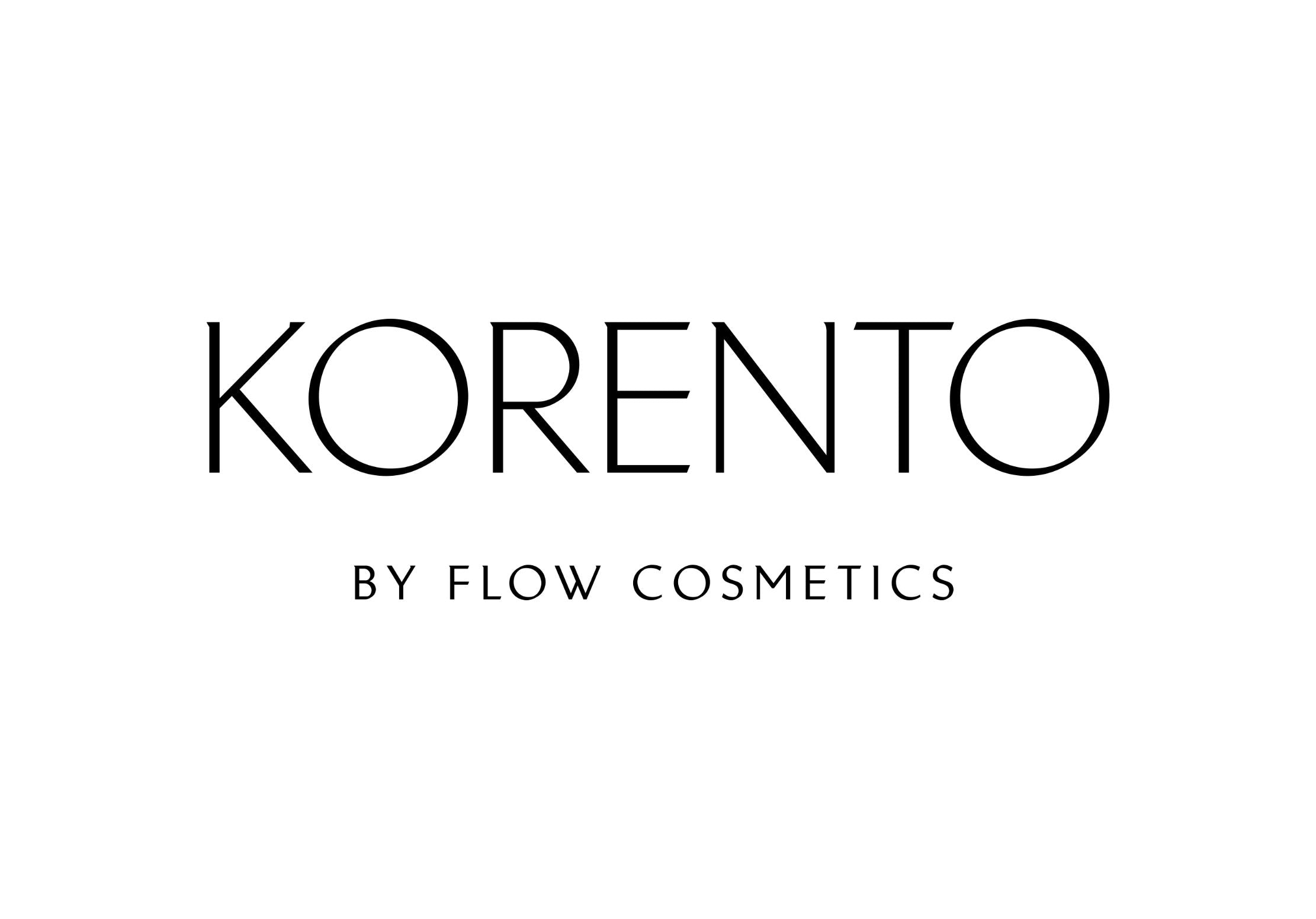
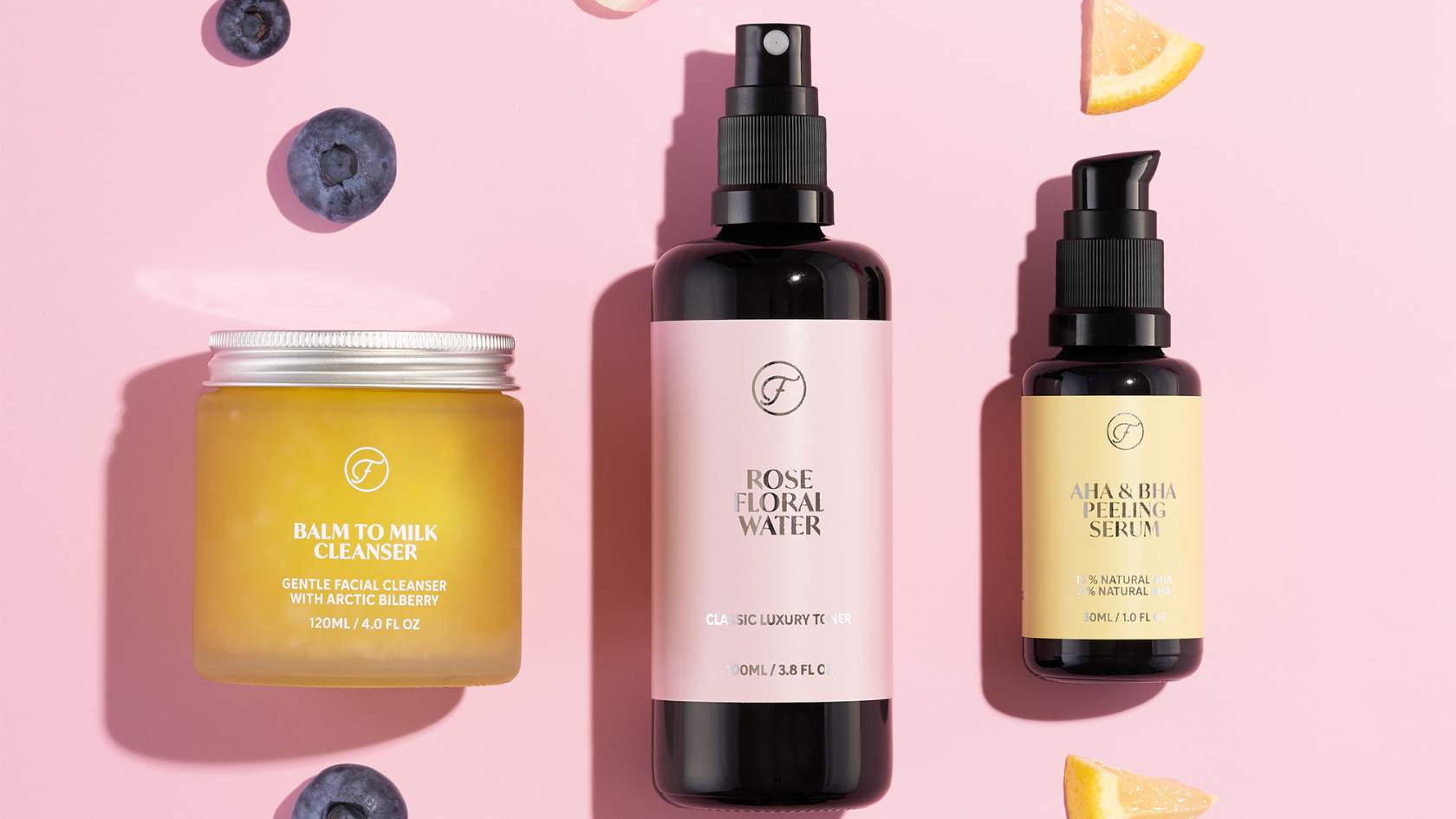
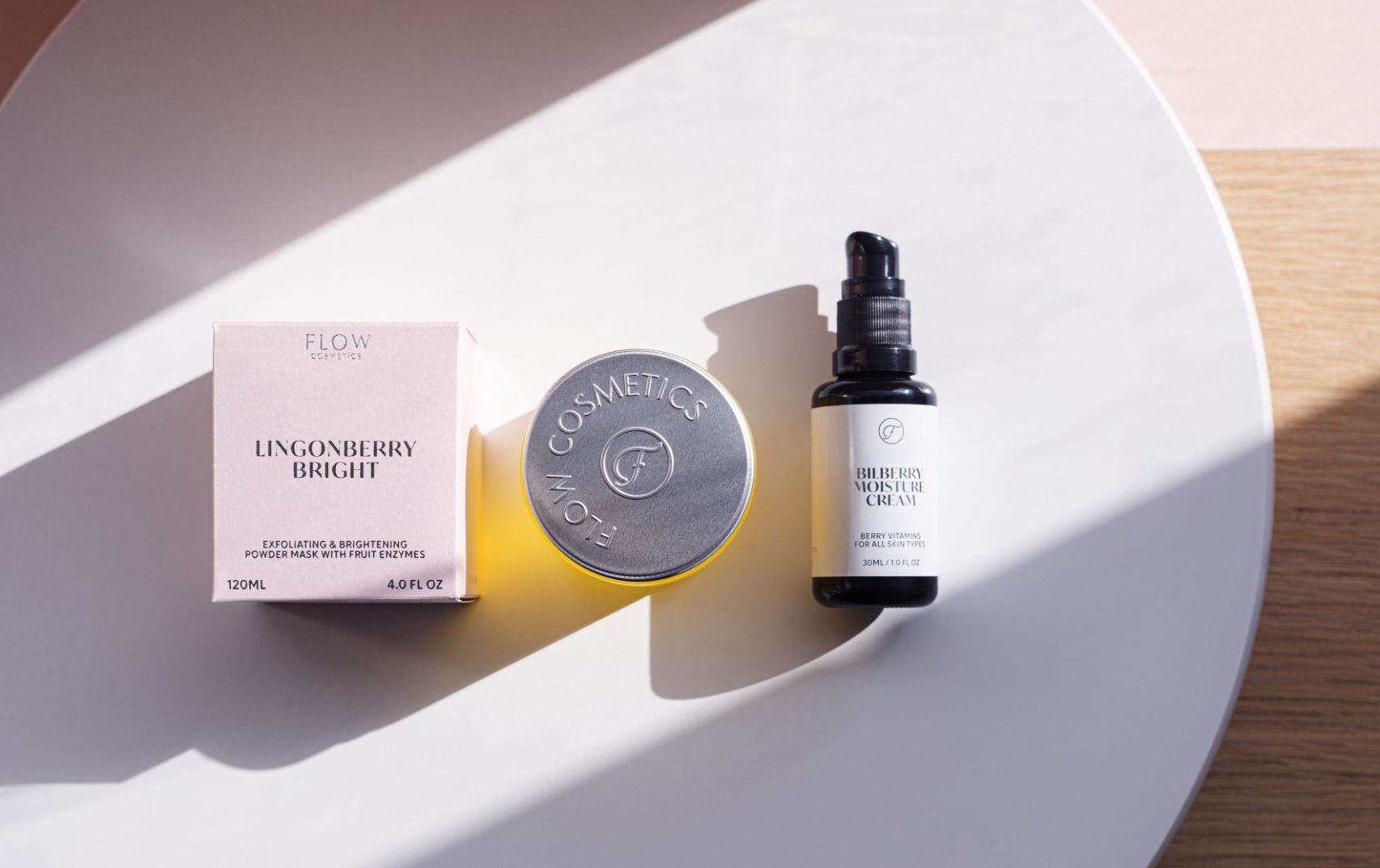

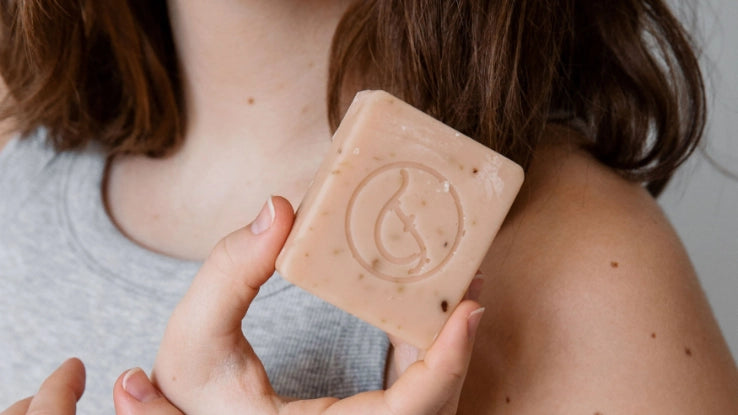


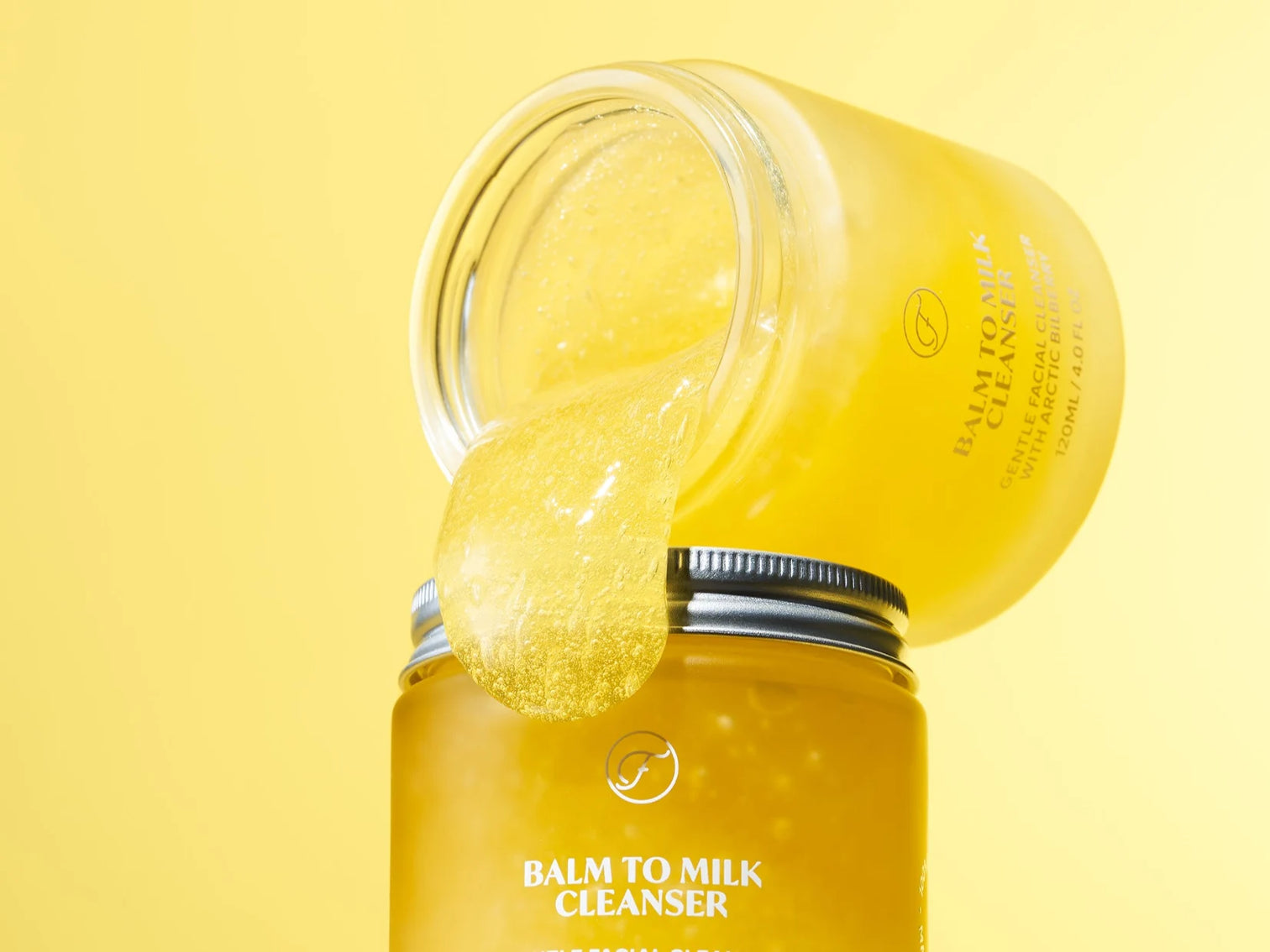

Leave a comment